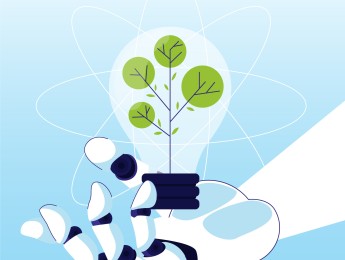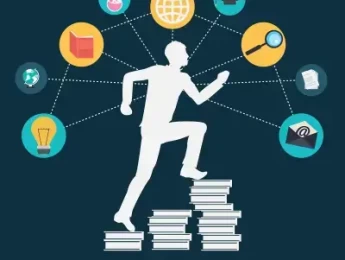Green technology is rapidly transforming the way we live, produce, and consume by offering sustainable alternatives to traditional systems. From renewable energy and waste reduction to smart agriculture and eco-friendly design, environmental innovation is playing a crucial role in addressing climate change and resource scarcity. This course explores how green technologies are developed, adopted, and scaled across industries and communities.
Participants will gain practical insights into innovative tools and systems that support environmental goals while unlocking new economic opportunities. The course also covers the policy frameworks, investment trends, and collaborative models that are driving the global green transition. With a focus on both current technologies and emerging innovations, this training empowers participants to lead or support sustainable solutions in their own sectors.
By the end of this course, participants will be able to:
- Understand the core principles of green technology and its environmental impact.
- Identify different categories and applications of green innovations.
- Explore the role of digital technologies in environmental solutions.
- Evaluate the social, environmental, and economic benefits of green systems.
- Understand the policies and incentives that support green technology development.
- Promote sustainable business practices through environmental innovation.
- Plan or contribute to green projects in their communities or organizations.
This course is ideal for:
- Environmental professionals and sustainability officers.
- Engineers, architects, and designers working on green solutions.
- Government officials involved in green policy, planning, or procurement.
- Entrepreneurs and innovators in clean technology sectors.
- NGO staff working on climate, energy, or development programs.
- Researchers and academics in environmental innovation fields.
- Business leaders aiming to green their operations or supply chains.
This course uses a practical and participatory training approach, including case studies, innovation mapping, tech demos, group exercises, and guided discussions. Participants will evaluate green solutions across sectors, assess project feasibility, and explore emerging technologies with real-world relevance. The focus is on applying knowledge to local and global sustainability challenges.
Day 5 of each course is reserved for a Q&A session, which may occur off-site. For 10-day courses, this also applies to day 10
Section 1: Foundations of Green Technology and Innovation
- Defining green technology and environmental innovation.
- Why innovation is essential to solving global environmental problems.
- Historical evolution and current global trends.
- Environmental innovation across key sectors: energy, transport, water, waste, construction.
- Principles of eco-efficiency, life cycle thinking, and circularity.
- The relationship between sustainability goals and green innovation.
Section 2: Categories and Applications of Green Technologies
- Renewable energy technologies: solar, wind, hydro, and bioenergy.
- Green building solutions: passive design, insulation, and energy efficiency.
- Sustainable agriculture: precision farming, vertical farming, and organic inputs.
- Water-saving technologies: smart irrigation, greywater systems, desalination.
- Waste management innovations: composting, recycling, and waste-to-energy.
- Green mobility: electric vehicles, bike-sharing, and public transit systems.
Section 3: Digital Innovation for Environmental Solutions
- Role of digital technologies in green transformation.
- Smart systems: IoT, AI, and data analytics for resource optimization.
- Green apps and platforms for consumer engagement.
- Remote sensing and satellite monitoring for environmental tracking.
- Blockchain for sustainable supply chains and carbon tracking.
- Case studies: Tech-driven environmental innovations from around the world.
Section 4: Policy Support and Green Investment
- Government strategies to accelerate green technology adoption.
- International agreements and environmental innovation targets.
- Incentives: tax breaks, subsidies, and green procurement policies.
- Public-private partnerships for clean tech development.
- Impact investment, green bonds, and financing models.
- Barriers to innovation and how to overcome them.
Section 5: Driving Change Through Sustainable Innovation
- Designing and scaling green innovation projects.
- Identifying community and market needs.
- Collaborating with stakeholders and beneficiaries.
- Communicating environmental value to investors and the public.
- Measuring impact: environmental KPIs and reporting.
- The future of green innovation: opportunities and challenges.
- Action planning: bringing your green idea to life.
Upon successful completion of this training course, delegates will be awarded a Holistique Training Certificate of Completion. For those who attend and complete the online training course, a Holistique Training e-Certificate will be provided.
Holistique Training Certificates are accredited by the British Accreditation Council (BAC) and The CPD Certification Service (CPD), and are certified under ISO 9001, ISO 21001, and ISO 29993 standards.
CPD credits for this course are granted by our Certificates and will be reflected on the Holistique Training Certificate of Completion. In accordance with the standards of The CPD Certification Service, one CPD credit is awarded per hour of course attendance. A maximum of 50 CPD credits can be claimed for any single course we currently offer.
- Course Code IND02 - 123
- Course Format Classroom, Online,
- Duration 5 days









